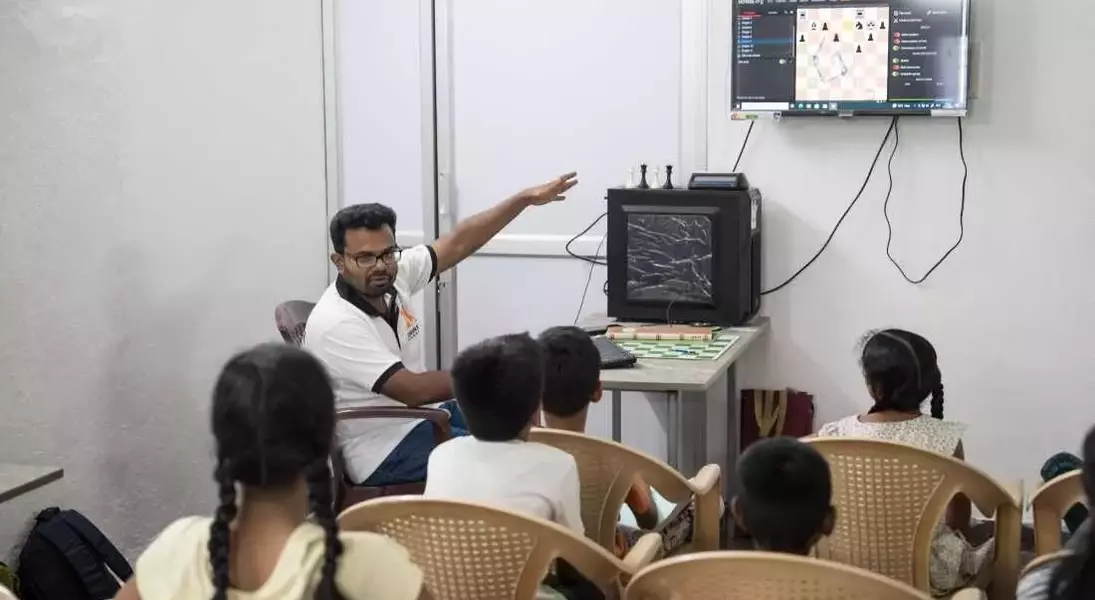


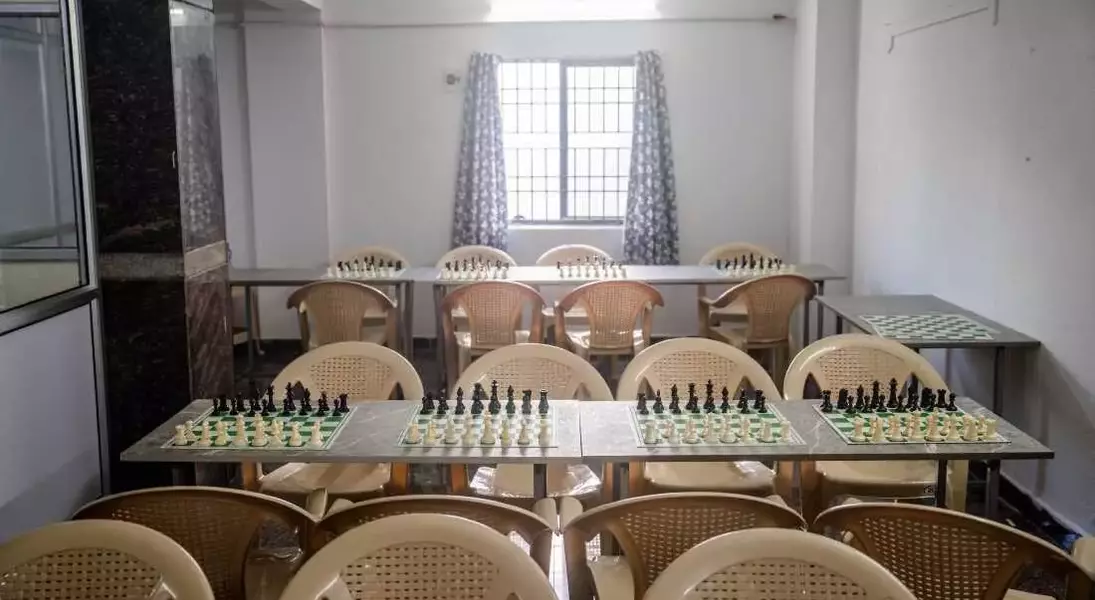
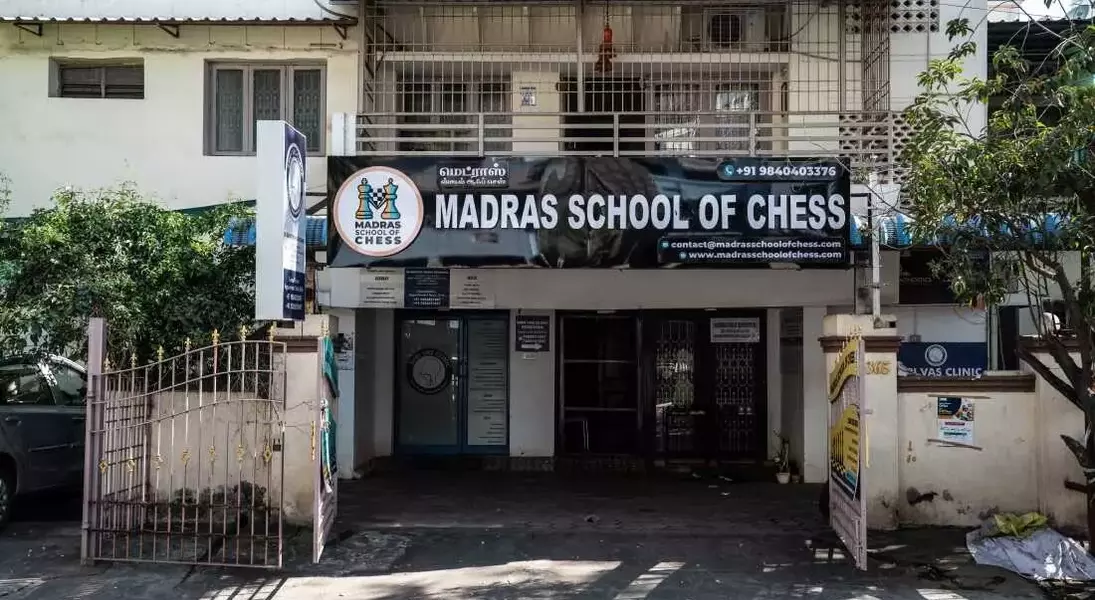
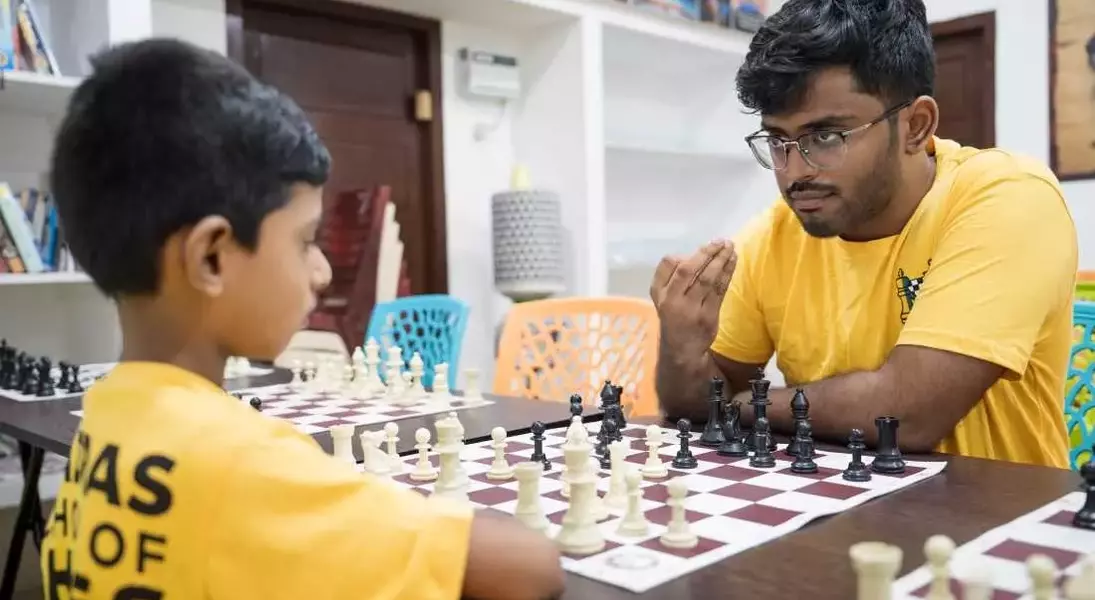
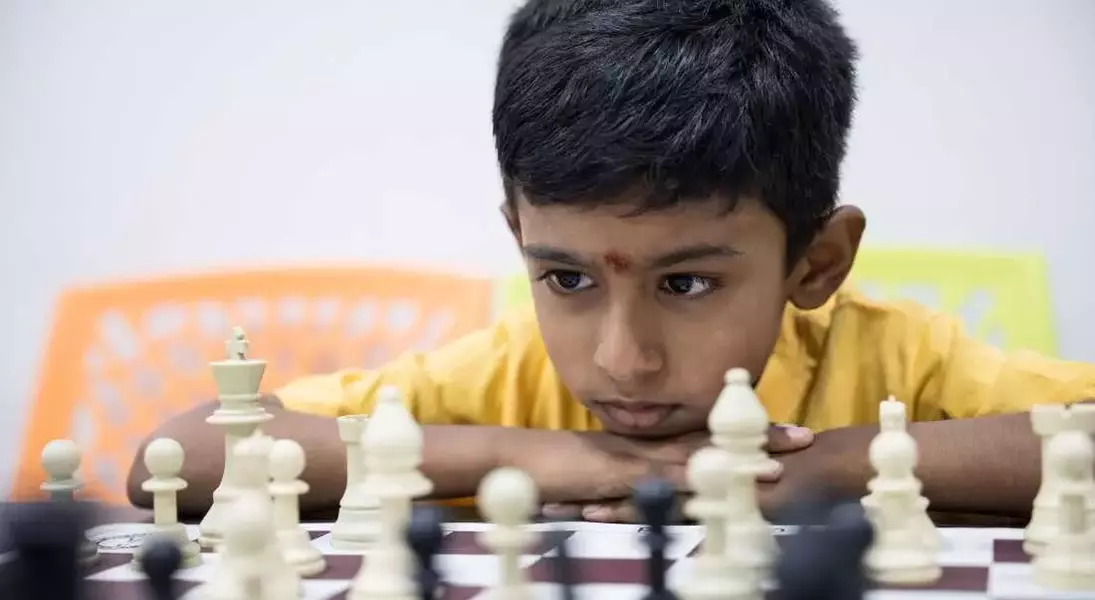
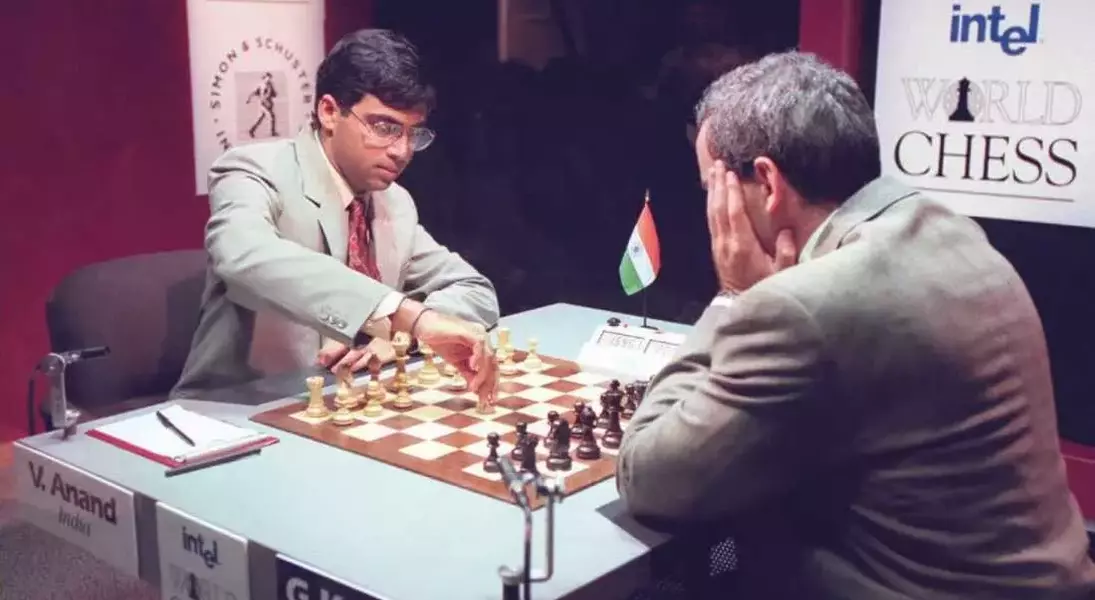
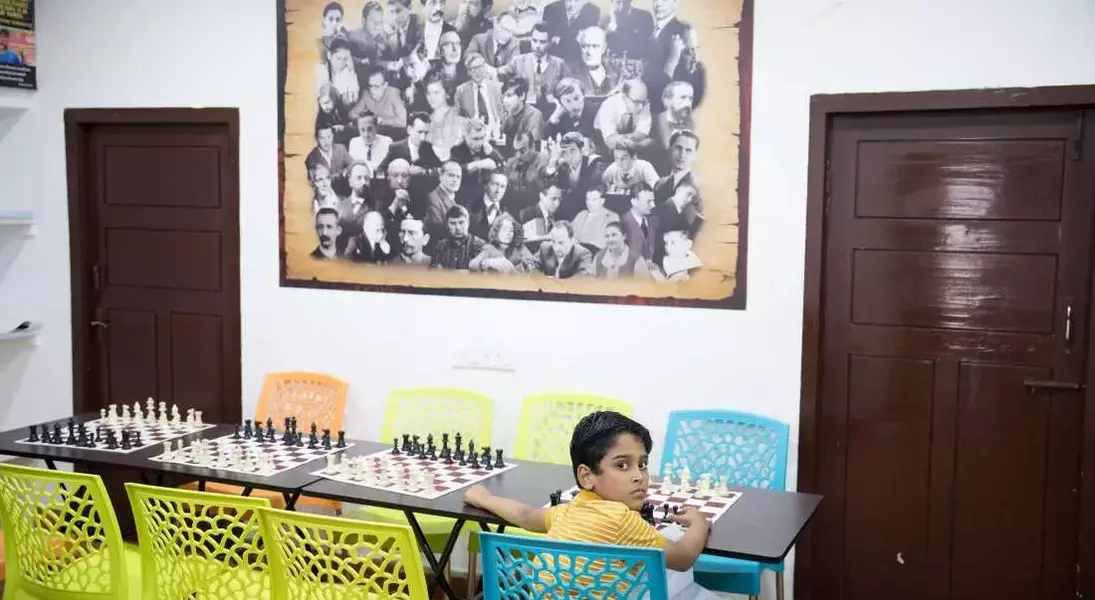
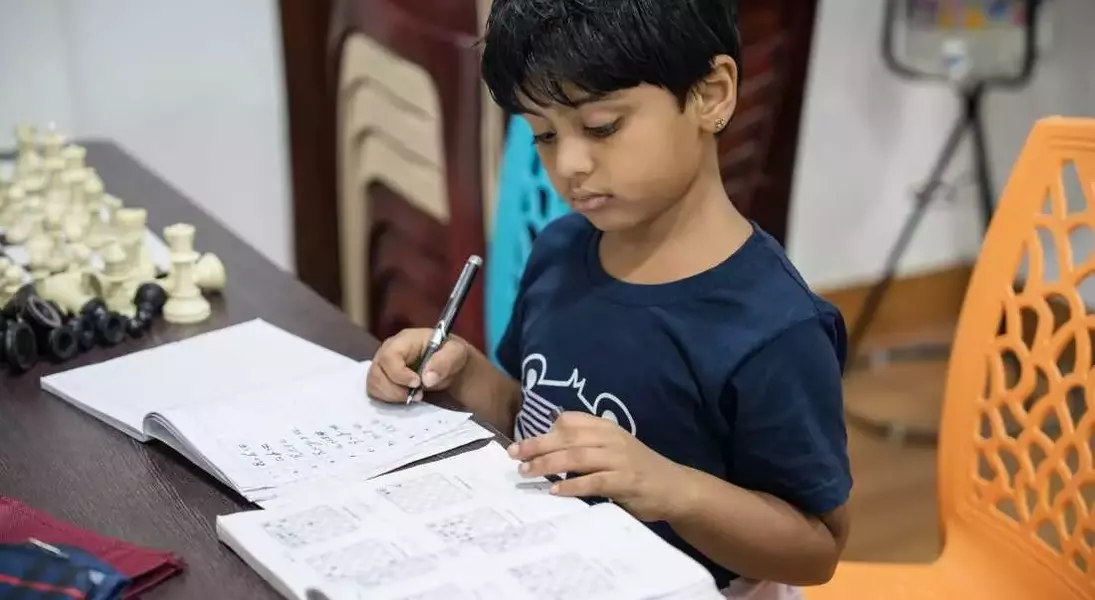


India is experiencing an unprecedented surge in its global chess standing, marking a significant shift in the sport's landscape. The nation, historically recognized as the cradle of modern chess, has recently seen a remarkable rise in its players' achievements, including victories in prestigious international tournaments. This ascendancy is not merely coincidental but stems from a robust ecosystem of talent development and widespread enthusiasm for the game across the country.
The remarkable rise of Indian chess is underscored by the dedication of its players and the supportive environment fostered within the country. Emerging talents like Divya Deshmukh, who secured the Women's Chess World Cup, exemplify the competitive spirit and skill that are becoming hallmarks of Indian chess. Furthermore, the crowning of Gukesh Dommaraju as the youngest-ever world champion at just 18 years old highlights a burgeoning generation of prodigies. These successes are nurtured by a unique blend of cultural factors and strategic initiatives, particularly in regions like Chennai, which has cultivated a reputation as a 'factory of Indian chess.' Here, local chess academies, often led by former Grandmasters, provide foundational training, supported by community and even local businesses, ensuring young players have the resources to excel. The perception of chess as a viable career, offering stable public sector jobs and prize money from new leagues, further motivates aspiring players and their families, leading to intensive training routines from a young age.
Looking ahead, while India possesses a demographic advantage and a rapidly growing talent pool, challenges such as language barriers in chess education remain. However, innovative approaches, like the introduction of chess content in regional languages through platforms such as the Tamil Chess Channel, are actively working to democratize access to the game. These efforts aim to broaden the reach of chess education beyond English-speaking elites, tapping into a wider segment of the population. By continuing to nurture talent at the grassroots level and overcoming accessibility hurdles, India is well-positioned to cement its status as a dominant force in international chess, fostering a future where intellectual pursuit and strategic thinking are highly valued and rewarded.
India's journey to becoming a global chess powerhouse is a testament to the power of dedicated effort, community support, and an unwavering belief in intellectual excellence. This rise inspires not only future chess players but also showcases how a nation can channel its collective intelligence and passion into achieving world-class success. It demonstrates that with the right infrastructure and encouragement, any field, regardless of its traditional dominance by certain regions, can be redefined by new champions emerging from diverse backgrounds.
